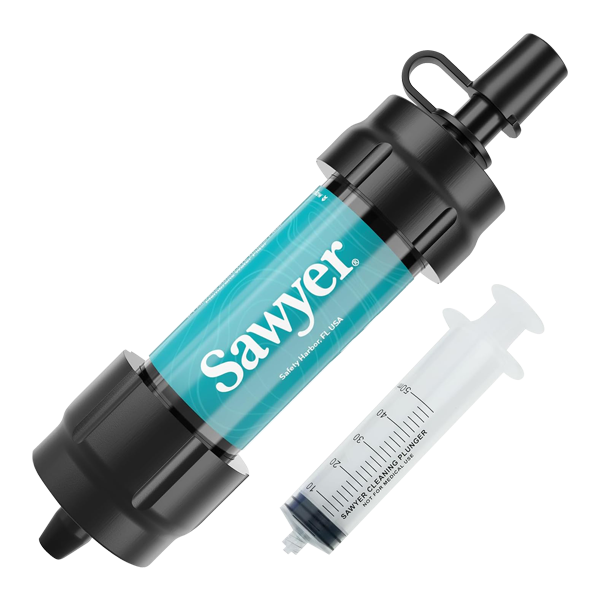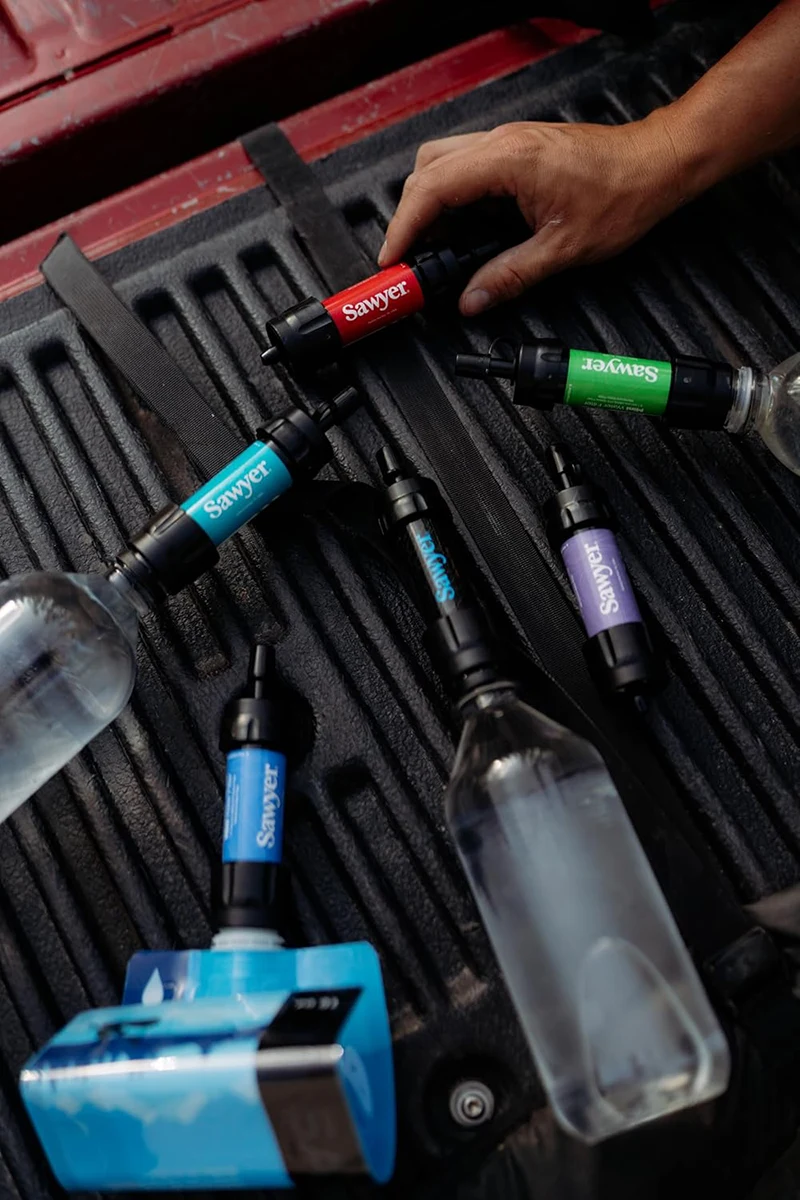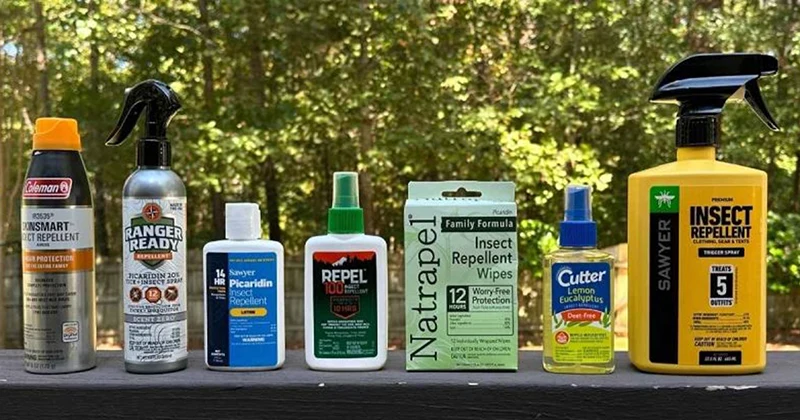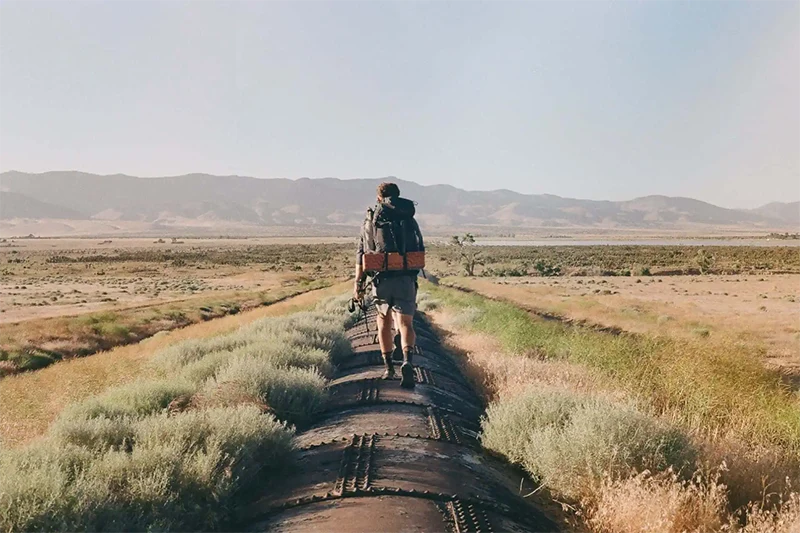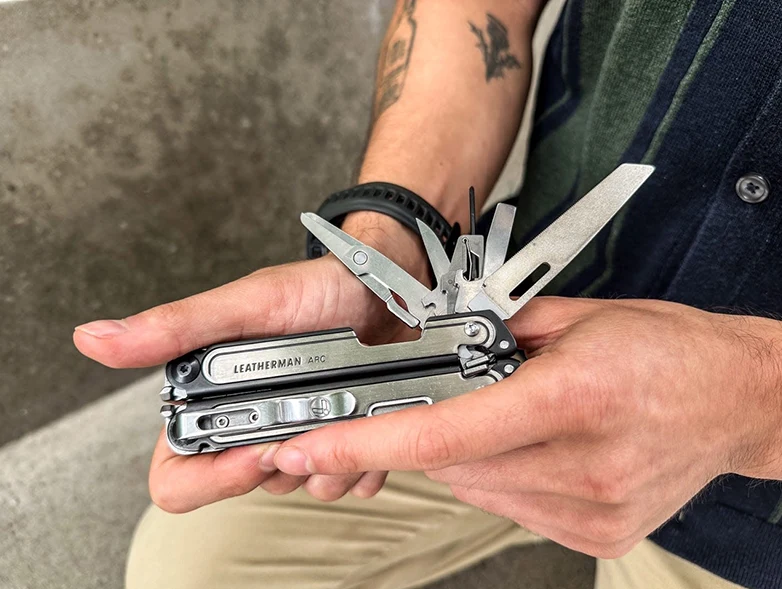The Best Hiking Socks from Wirecutter
The Best Hiking Socks from Wirecutter

The Best Hiking Socks from Wirecutter
The Best Hiking Socks from Wirecutter
Any seasoned hiker will tell you that a good pair of hiking socks is a must-have on the trail. But despite their simple appearance, hiking socks can be a complicated purchase. That’s why we spent 25 hours researching 65 sock options. Then we took to the trails of Vancouver, British Columbia, hiking for more than 75 hours, 160 miles, and 350,000 steps in 18 pairs of socks. Eventually we determined that the women’s and men’s Darn Tough Light Hiker Micro Crew Light Cushion socks are the best hiking socks for most people. Backed by a lifetime guarantee, these wool socks offer the ideal mix of comfort, durability, and cushioning.
See the full guide from Ebony Roberts on Wirecutter's website here.
The Best Hiking Socks from Wirecutter


The Best Hiking Socks from Wirecutter
Any seasoned hiker will tell you that a good pair of hiking socks is a must-have on the trail. But despite their simple appearance, hiking socks can be a complicated purchase. That’s why we spent 25 hours researching 65 sock options. Then we took to the trails of Vancouver, British Columbia, hiking for more than 75 hours, 160 miles, and 350,000 steps in 18 pairs of socks. Eventually we determined that the women’s and men’s Darn Tough Light Hiker Micro Crew Light Cushion socks are the best hiking socks for most people. Backed by a lifetime guarantee, these wool socks offer the ideal mix of comfort, durability, and cushioning.
See the full guide from Ebony Roberts on Wirecutter's website here.
The Best Hiking Socks from Wirecutter


The Best Hiking Socks from Wirecutter
Any seasoned hiker will tell you that a good pair of hiking socks is a must-have on the trail. But despite their simple appearance, hiking socks can be a complicated purchase. That’s why we spent 25 hours researching 65 sock options. Then we took to the trails of Vancouver, British Columbia, hiking for more than 75 hours, 160 miles, and 350,000 steps in 18 pairs of socks. Eventually we determined that the women’s and men’s Darn Tough Light Hiker Micro Crew Light Cushion socks are the best hiking socks for most people. Backed by a lifetime guarantee, these wool socks offer the ideal mix of comfort, durability, and cushioning.
See the full guide from Ebony Roberts on Wirecutter's website here.






.png)














